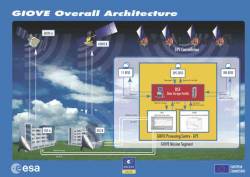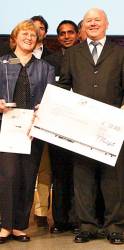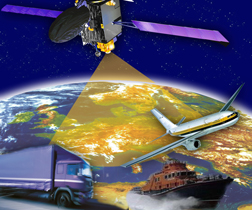CERGAL 2010, GNSS Certification Symposium, Issues Call for Papers

The 2010 CERGAL symposium will take place in the Baltic city of Rostock, in northern Germany, next April 28-29.
This year, the Symposium on Certification of GNSS Systems and Services will concentrate on maritime and inland waterways applications and GNSS testing infrastructure.
In addition to those topics, papers are invited on GNSS system aspects and aviation, road, rail and other special applications. Abstracts are due on November 30, 2009.
By Inside GNSS



